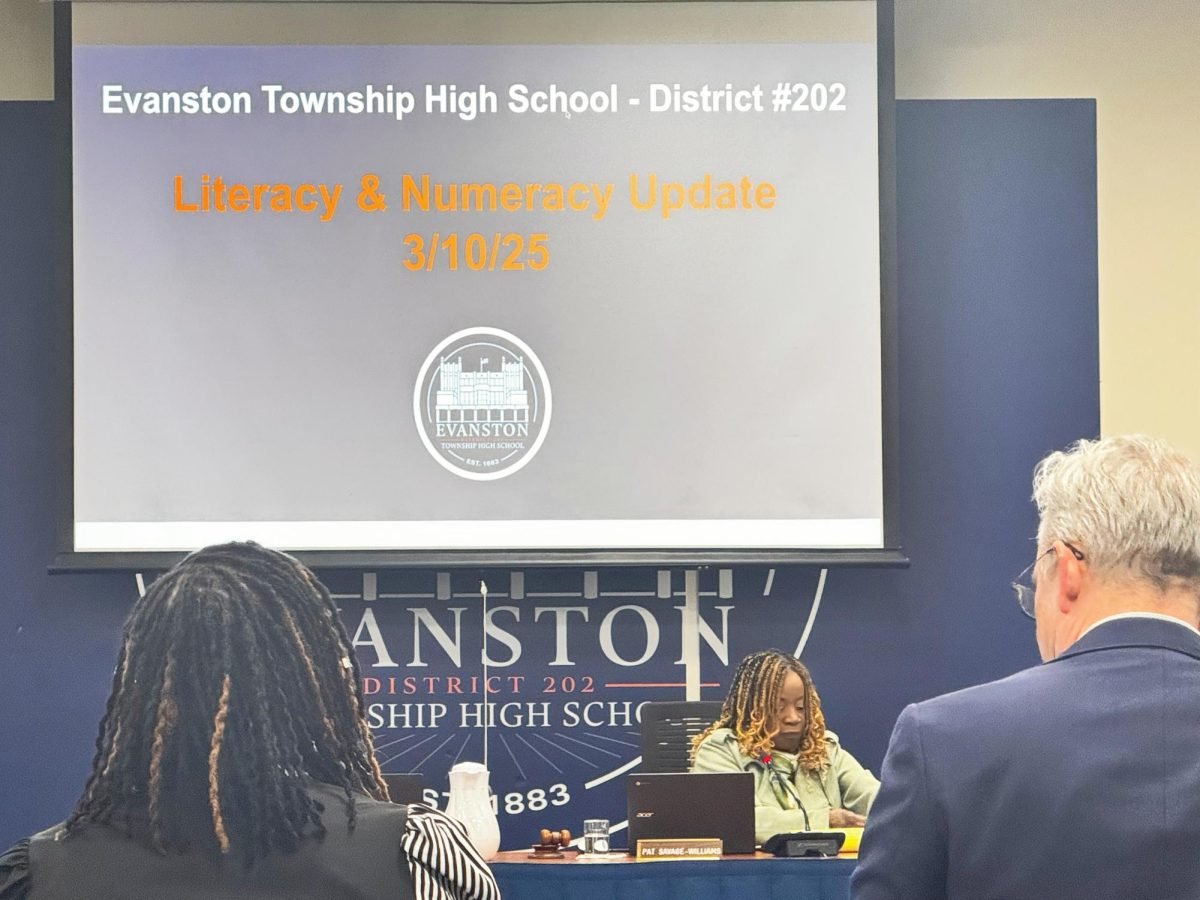Before recently, the word “Legionella” may not have rang any bells for the average Evanston resident. However, the bacteria was recently found in YWCA Evanston/North Shore’s hot water supply Oct. 10.
The YWCA’s building, located at 1215 Church St., was closed for one week because of the bacteria. It reopened on Thursday, Oct. 17, and as of Monday, Oct. 21, the organization has resumed all of its programming.
The discovery came after two “persons associated with” the YWCA were diagnosed with Legionnaires’ disease, a severe type of pneumonia that can develop around 2 to 14 days after exposure to Legionella, according to a statement from the city. Testing then detected the bacteria in the YWCA’s hot water supply, according to a news release.
In an Oct. 17 update, the city staff wrote that “Evanston Health and Human Services continues to work very closely with the YWCA and the Illinois Department of Public Health to respond to this situation.”
The city also advised anyone who developed symptoms of pneumonia within two weeks of visiting the YWCA should seek medical attention immediately.
Legionella grows and spreads through water systems and devices such as showerheads, sink faucets, hot tubs and more, according to the Centers for Disease Control and Prevention. People can then inhale the bacteria and get sick as a result.
Biofilm in water, certain temperatures, not having enough disinfectant and slow or no water movement, can make it easier for Legionella to grow, according to the CDC.
As a mitigation control measure, the YWCA has installed .2-micron filters, which have a 99.99999% bacteria kill rate, into its faucets and showers. It also increased the level of chlorine in its pools and returned its hot water system temperature to 140 F in order to inhibit Legionella growth.
While the YWCA follows all of Illinois’ state-mandated protocols surrounding its water testing, measures that prevent Legionella aren’t included, said Erin Venable, the YWCA’s vice president of Marketing and Communications.
“That’s why it’s one of those things that you don’t hear about too often until it does come up,” Venable said. “It was already there, and we were just really unfortunate to have it show up in our hot water system. But as a result of that, now it just strengthens our procedures and policies.”
The YWCA is now working with a water management consultant agency to develop a customized water treatment solution and preventative maintenance management plan.
“It’s not super common, but there’s an increasing awareness of Legionella,” said Jonathan Pinsky, medical director of Infection Control and Prevention at Edward Hospital in Naperville. “We do see it more often in summer and early fall, because that’s when the air conditioning systems are on, and you’re more likely to get exposed to these things, and bacteria can grow better in those environments.”
Legionella causes a wide spectrum of health problems. Infection can start off as a mild flu-like illness called Pontiac fever. In the worst cases, it can cause respiratory failure, organ failure and even death, Pinsky said.
Legionnaires’ disease and Pontiac fever generally cannot be spread to other people.
Most who are exposed to Legionella are not negatively affected, according to the CDC. However, those who are older, have histories of smoking, or have certain underlying health conditions face a higher risk of getting sick.
“It can present as pneumonia, and most people know what pneumonia is,” Pinksy said. “And it’s important because it’s treated differently. The antibiotics that work against some strains of pneumonia may not work for Legionella, so it’s important for us to know.”
If a patient has severe enough pneumonia to be admitted to the hospital, they generally undergo a variety of tests. Usually, if a patient has Legionnaires’ disease, it can be diagnosed based on a urine test, Pinsky said.
Venable said in her understanding, the public’s knowledge about Legionella and the problems it can cause is very limited. Even though there’s a lot of information out there about Legionella, hearing about unfamiliar diseases can be very alarming, especially since the COVID-19 pandemic, Venable said.
Since discovering Legionella in its hot water, Venable said that while there have been concerns, many people have appreciated the YWCA’s transparency.
“Our priority was making sure that people had the information that they needed, but also to just be listening and compassionate and understand that there are going to be some people that are scared, and our job is to help reassure them as best as we can,” Venable said.
The YWCA has been posting mitigation updates on its website since Oct. 11.
Email: femihorrall2027@u.northwestern.edu
Related Stories:
— Race Against Hate: Ricky Byrdsong’s Legacy
— Savings for Success provides financial support for elementary school students
— YWCA Evanston/North Shore kicks off 30th annual swim marathon







